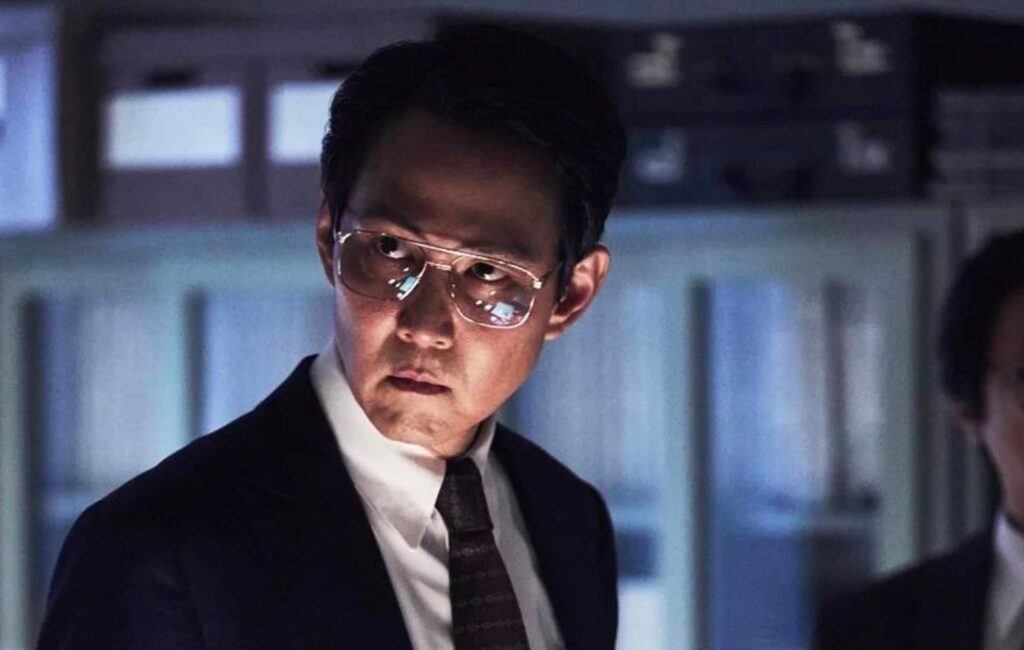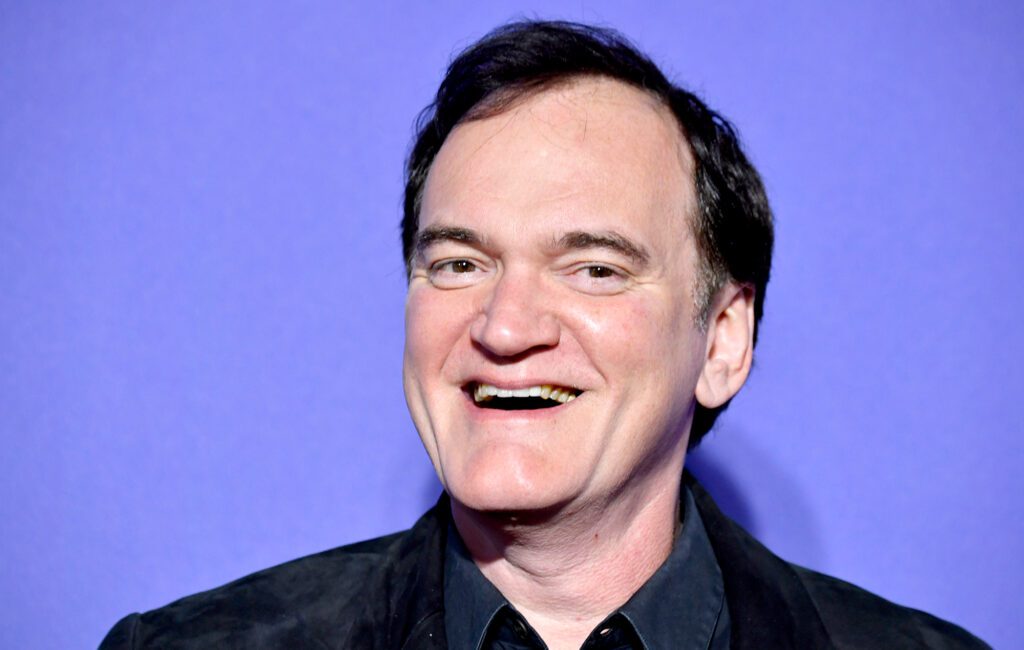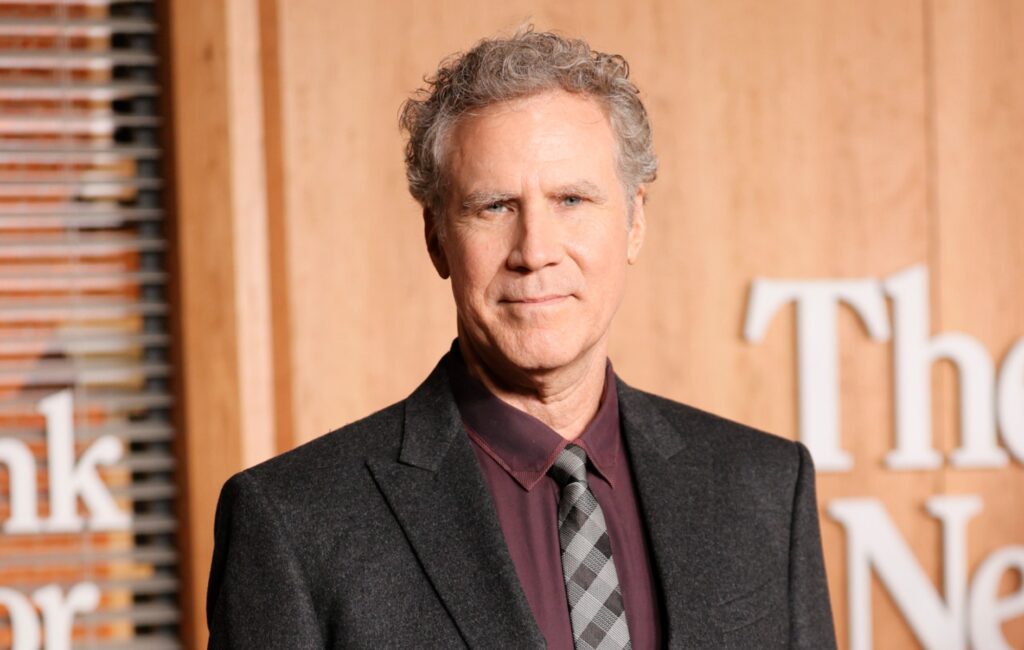‘Squid Game’ star Lee Jung-jae’s directorial debut ‘Hunt’ to be released in US theatres
 Posted On
Posted On
South Korean actor Lee Jung-jae’s directorial debut Hunt will get a US theatrical release in December.
- READ MORE: The 10 best K-dramas of 2022 – so far
On August 15, Deadline reported that film distributor Magnolia Pictures has acquired US rights to the South Korean film Hunt and is currently planning a December theatrical release.
The spy-action film notably marks the directorial debut of veteran actor Lee Jung-jae, who gained significant international recognition for his role in Netflix’s 2021 hit series Squid Game. He also wrote the screenplay for Hunt, which is set in the ’80s at the height of South Korea’s military dictatorship.
Lee also stars in the film alongside with Jung Woo-sung as intelligence agents tasked with hunting down a North Korean spy embedded in their agency. They then discover a plot to assassinate the South Korean president.
The film also deals with several real-life historical events, including the May 18 Gwangju Uprising in 1980 and a 1983 assassination attempt against then-president Chun Doo-hwan.

Hunt first made its world premiere at this year’s Cannes Film Festival’s Midnight Screening section, and began screening in South Korean cinemas on July 27. Following its domestic release, the espionage film sold over 1.5million tickets and topped the Korean box office for five days in a row, per Korea JoongAng Daily.
Following Hunt’s debut at Cannes, Lee shared that he had re-edited parts of the film to provide international audiences with additional context of South Korean politics in the ’80s.
“When writing the script of Hunt, I set younger generations in South Korea who learn about the era from history textbooks as the target audience. I thought foreign viewers would be the same,” Lee said, per Yonhap News Agency.
“But at Cannes, about 30 per cent of foreign media reviews complained that it was hard for them to keep up with the story as they didn’t know about Korean politics in the 1980s. That was beyond my expectations,” he explained. “Thanks to reactions at Cannes, I was able to make the revisions to help more viewers get a better understanding.”


